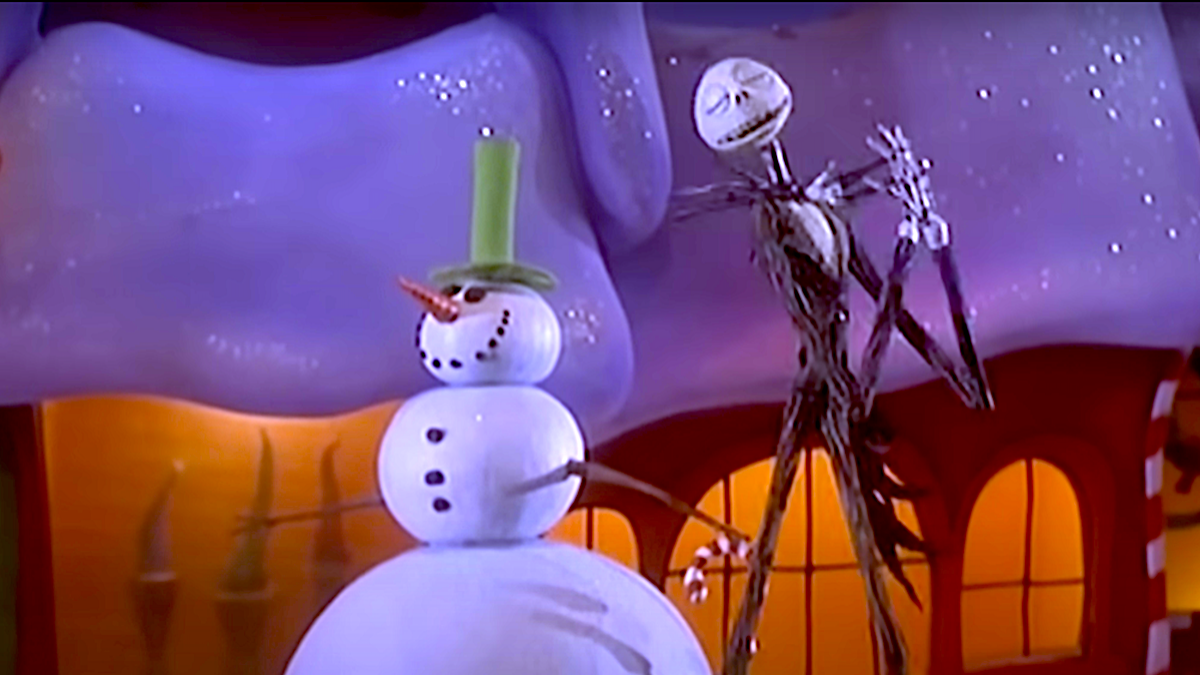The tree is trimmed, the gingerbread is baking, that thrill of hope is in the air. Surrounded by loved ones, you may find yourself rediscovering the true meaning of the Christmas season.
If you’re at all like me, however, you may also be rediscovering something else: your true hatred for certain Christmas songs. Maybe it’s Mariah’s operatic exhibitionism or Bruce’s incoherent mumbling. Maybe it’s anything a cappella. God gave us instruments for a reason, people. Use them.
Maybe it’s that line or two, added for rhyme but so poorly written it detracts from the whole. Do you really need to ask us if we “recall” who Rudolph is when you immediately go on to say he is, indeed, “the most famous reindeer of all”?
Let’s be honest, there are a lot of contenders. But unless you are a raging heathen, there is one clear loser, the worst Christmas song of all time. Other holiday tunes might have worse arrangements, worse lyrics, worse relentless a cappella beatboxing (for the love, just buy a drum), but none are as cheerfully, as insipidly, as brazenly blasphemous as our clear worst Christmas song ever: “Mary, Did You Know?”
As my children can attest, I shout at the car radio every time the record comes on: Yes! She definitely knew!
Let us recap the events, as recounted by St. Luke. The angel Gabriel appears to Mary with a message: “And the angel said unto her, Fear not, Mary: for thou hast found favour with God. And, behold, thou shalt conceive in thy womb, and bring forth a son, and shalt call his name Jesus. He shall be great, and shall be called the Son of the Highest: and the Lord God shall give unto him the throne of his father David: And he shall reign over the house of Jacob for ever; and of his kingdom there shall be no end.”
To put it another way, had Gabriel pursued a more rhetorical bent: “Mary, did you know that your baby boy will one day rule the nations? Why, yes, yes He will.”
Is it possible Mary distrusted the angel or was too simple to understand his message? No, Luke contrasts the Annunciation with another angelic visitation precisely to highlight Mary’s faith and understanding. Shortly before Gabriel appears to Mary, he visits a less trusting individual.
Zacharias, although a priest and a righteous man, initially cannot bring himself to believe the angel’s message about the upcoming birth of John the Baptist. Gabriel punishes him for this lack of faith, saying, “Behold, thou shalt be dumb, and not able to speak, until the day that these things shall be performed, because thou believest not my words.”
One could thus compose a theologically accurate song called “Zacharias, Did You Know?” and leave the answer appropriately silent, thereby imparting an important message about faith to the listener, albeit without as catchy a hook.
The true song for the occasion of the Annunciation is “The Magnificat,” beloved by Christians for centuries. In stark contrast to both the doubts of Zacharias and the cloying cleverness of latter-day lyricists, in “The Magnificat” Mary displays her humble, faithful acceptance of her role in God’s plan.
Back to Luke: “And Mary said, My soul doth magnify the Lord, And my spirit hath rejoiced in God my Saviour. For he hath regarded the low estate of his handmaiden: for, behold, from henceforth all generations shall call me blessed. For he that is mighty hath done to me great things; and holy is his name.
“And his mercy is on them that fear him from generation to generation. He hath shewed strength with his arm; he hath scattered the proud in the imagination of their hearts. He hath put down the mighty from their seats, and exalted them of low degree. He hath filled the hungry with good things; and the rich he hath sent empty away. He hath helped his servant Israel, in remembrance of his mercy; As he spake to our fathers, to Abraham, and to his seed for ever.”
She knew.









